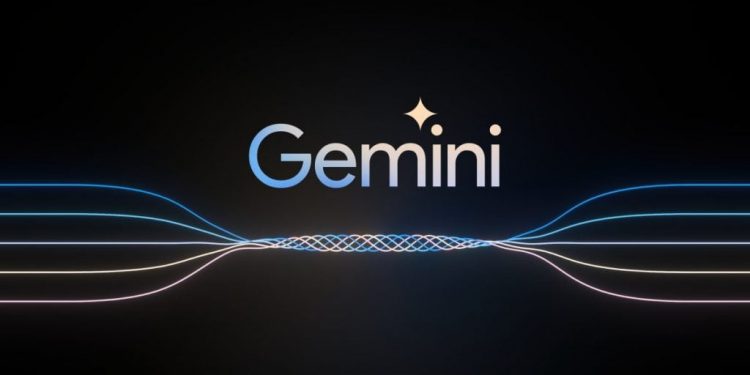Google recently launched Gemini, its cutting-edge AI model featuring text, code, audio, image, and video capabilities. It comprises three versions – Gemini Ultra, Gemini Pro, and Gemini Nano – designed for diverse tasks and devices, aiming to surpass Microsoft-backed OpenAI’s GPT-4.
Based on Google’s research, Gemini excels in various metrics, outperforming GPT-4 across text, code, image, and video tasks. The upcoming integration of Bard, Google’s generative AI tool, into Gemini is hailed as its significant enhancement, set to commence on December 6. An advanced Bard version, running on Gemini Ultra, is scheduled for an early 2024 release.
Google’s claims indicate Bard’s rise as a favored chatbot in blind evaluations, signaling a potential challenge to OpenAI’s ChatGPT dominance in the generative AI domain.
This launch intensifies the AI race among tech giants, primarily driven by major players like Microsoft, Google, and Amazon. Notably, startups and hyperscalers lead the deployment of generative AI technologies.
Meanwhile, Meta and IBM’s AI Alliance, a coalition fostering open innovation in AI, includes over 50 organizations but excludes initial AI leaders like OpenAI, Google, and Amazon. This move appears as a potential counterbalance to the influence held by these major players in the AI landscape..










